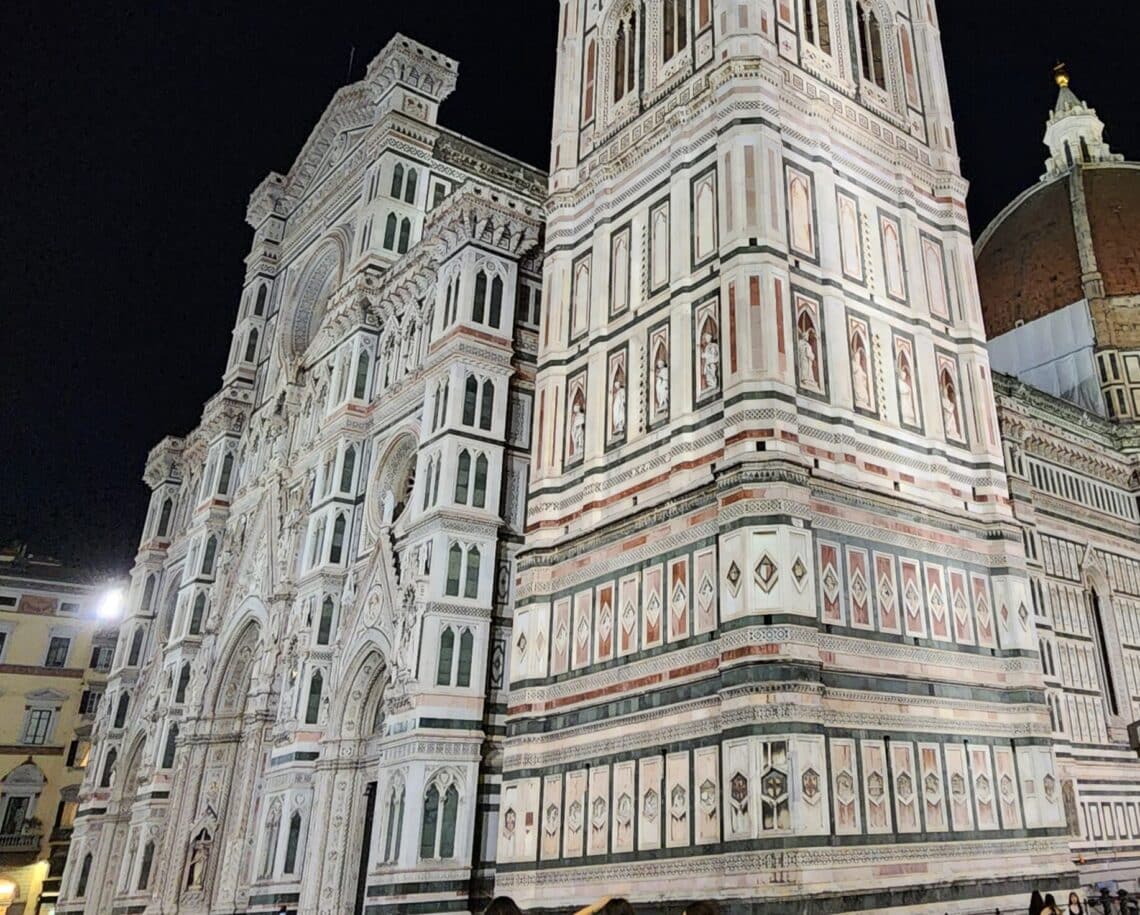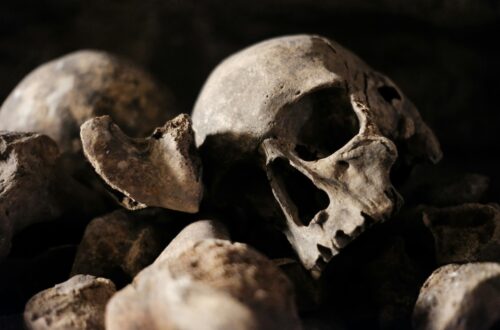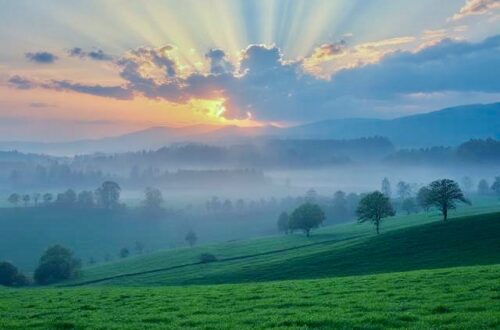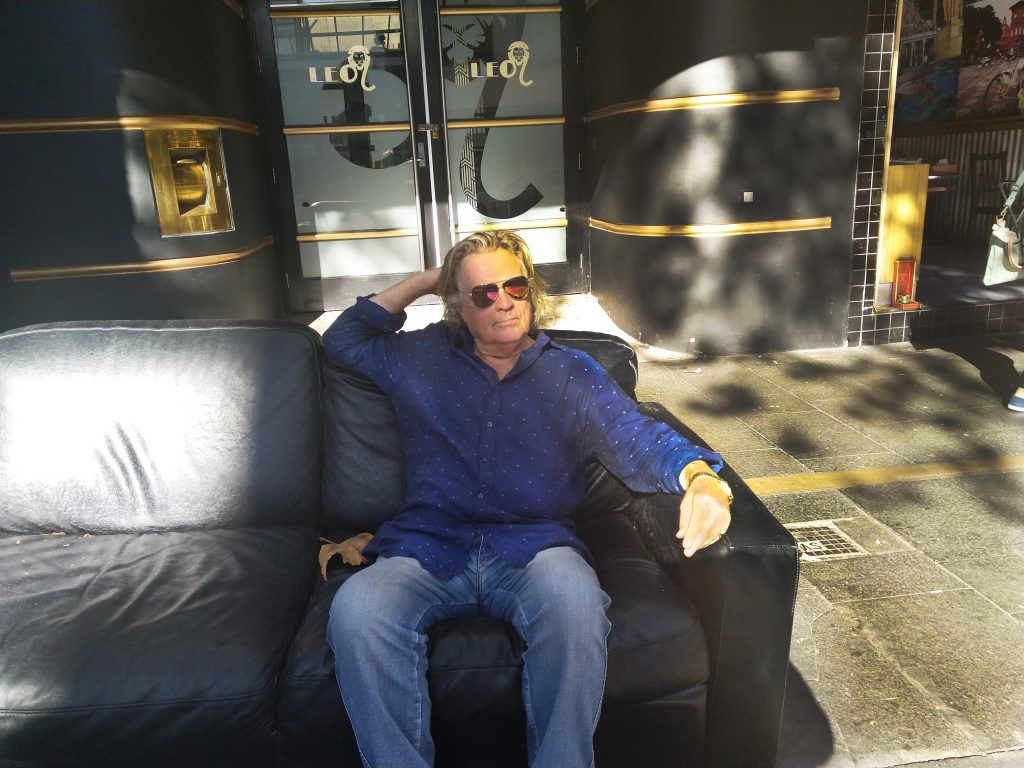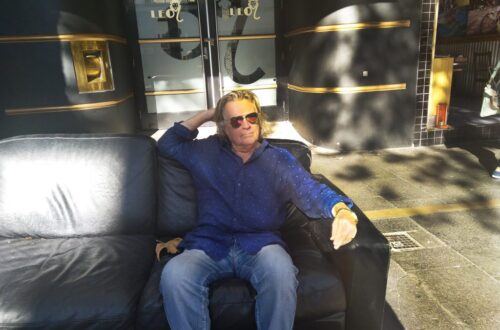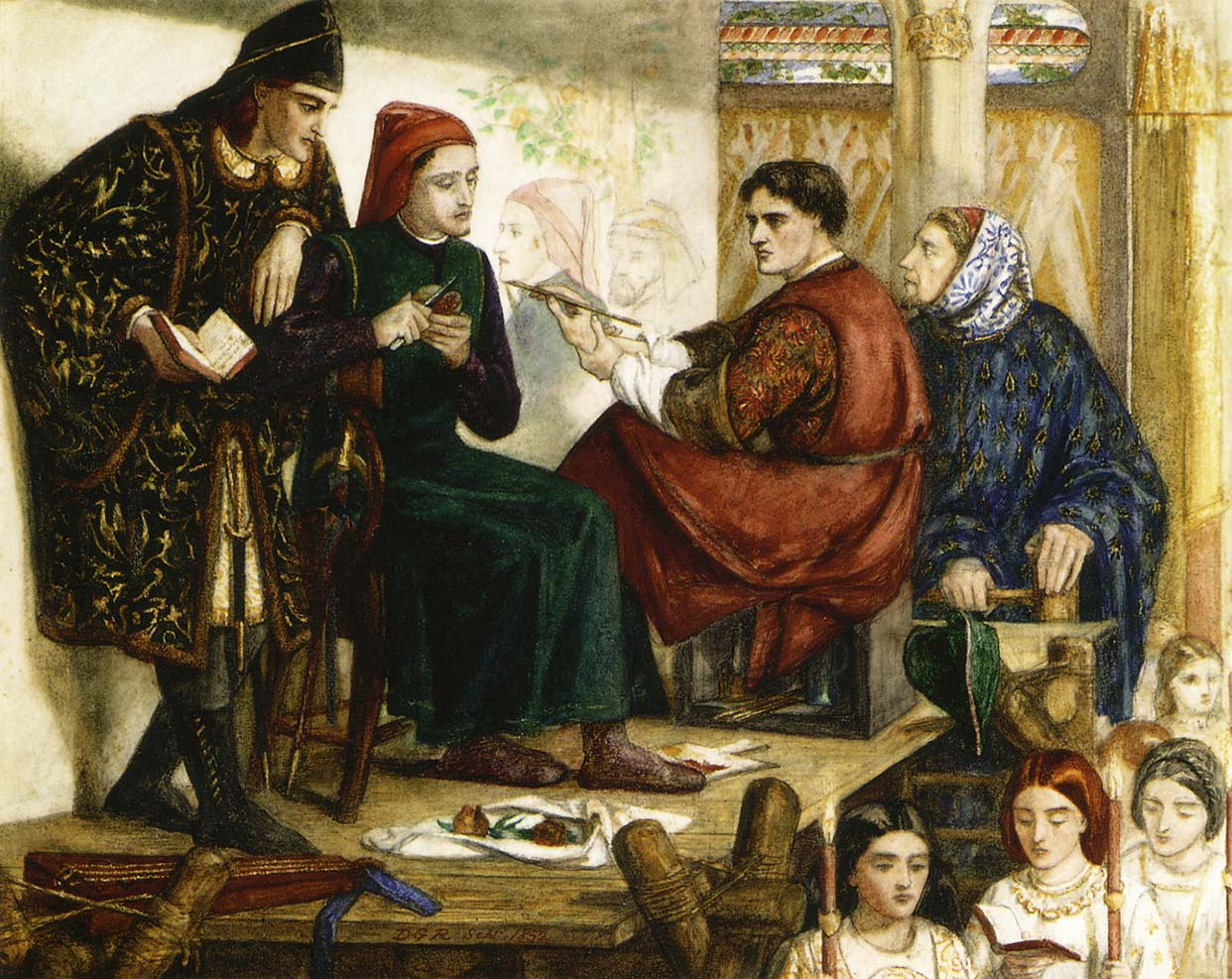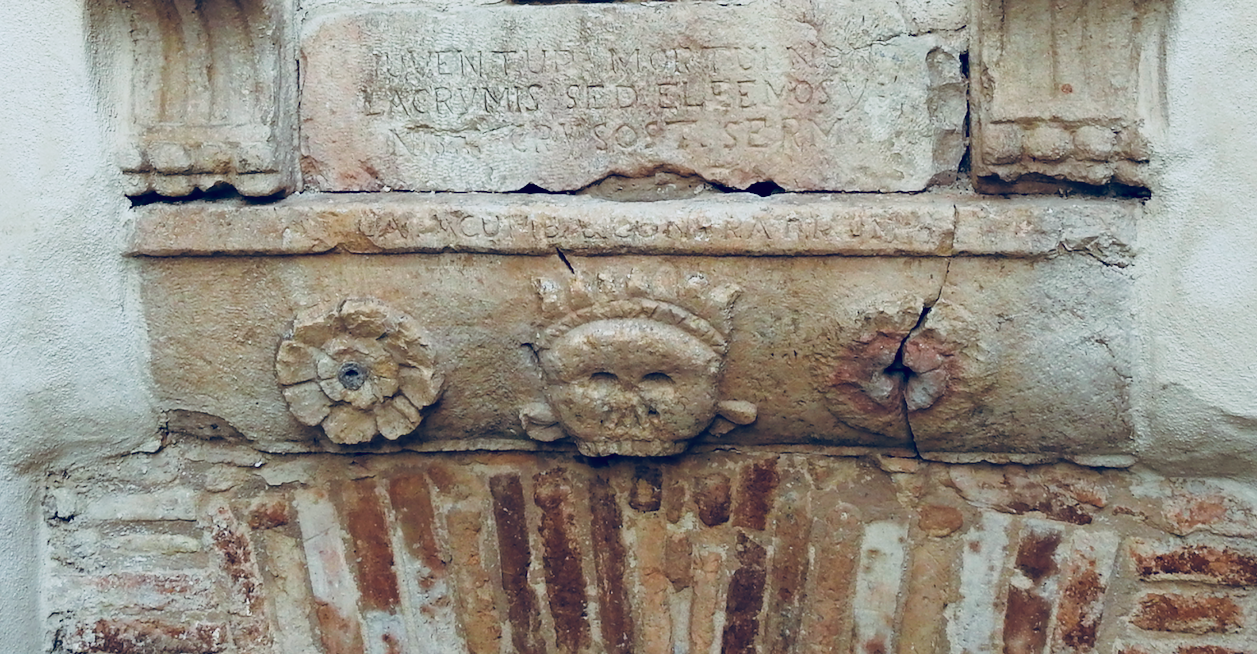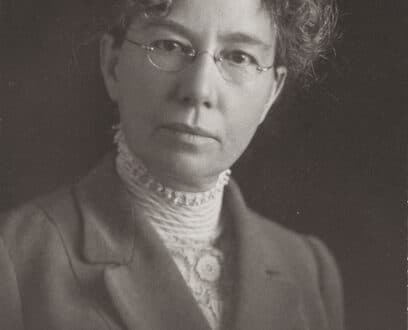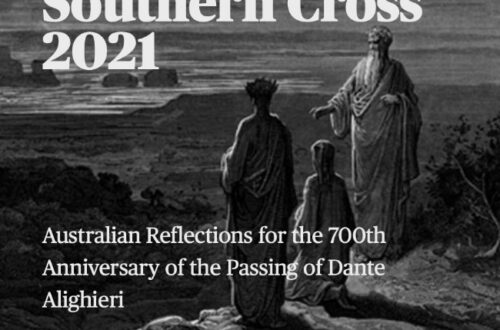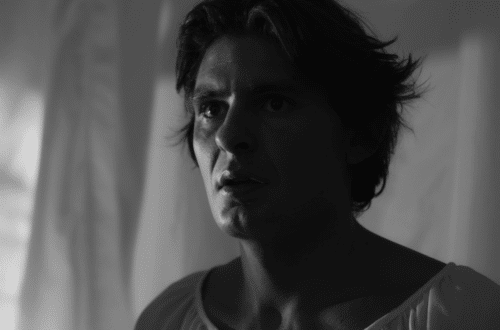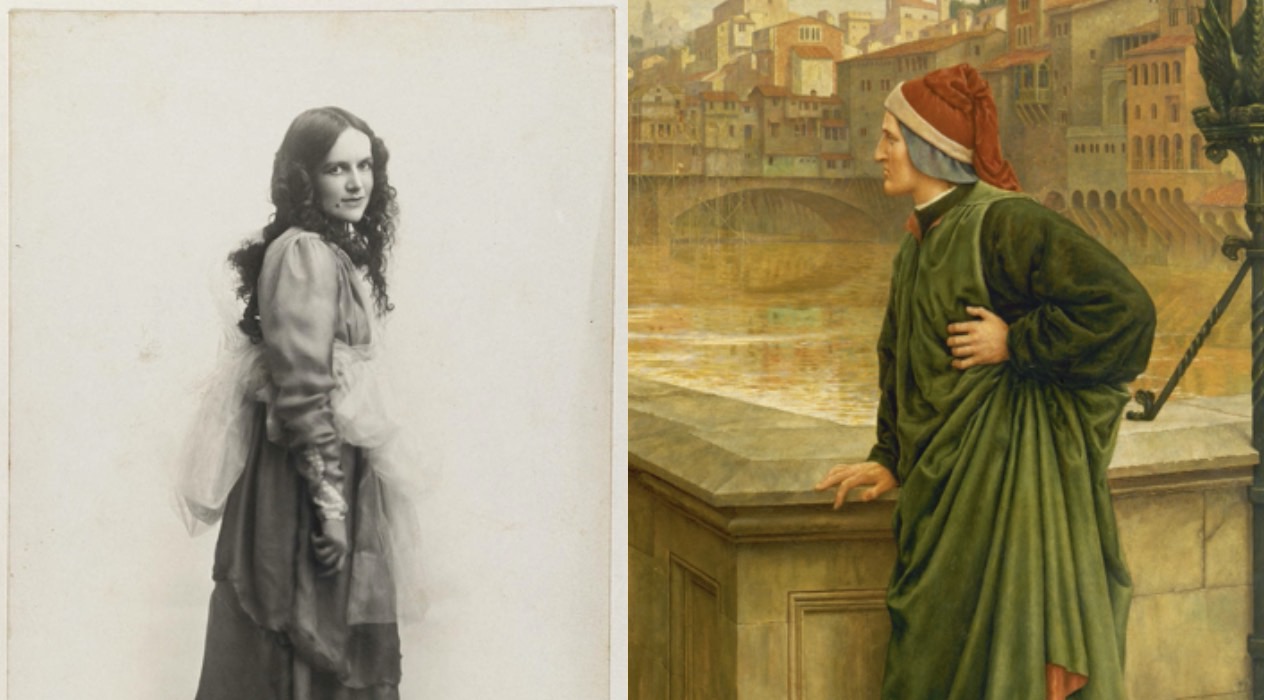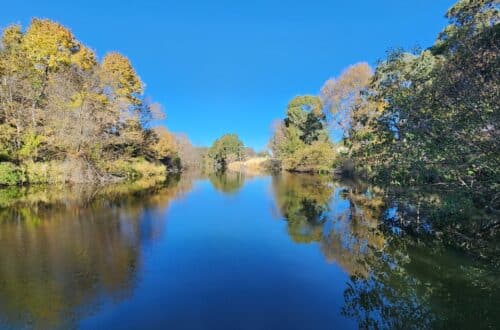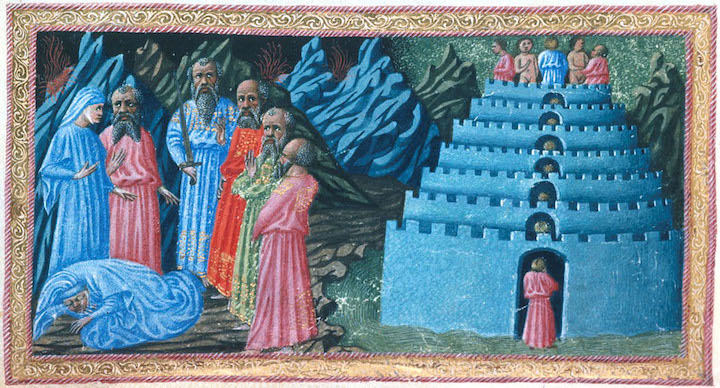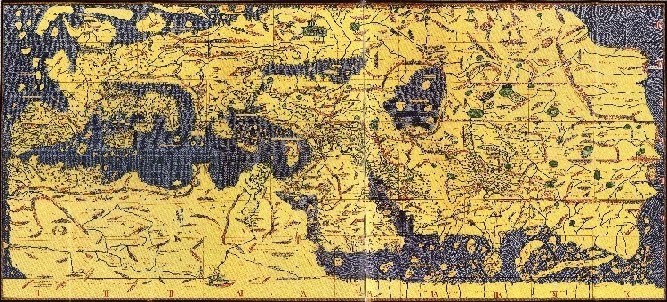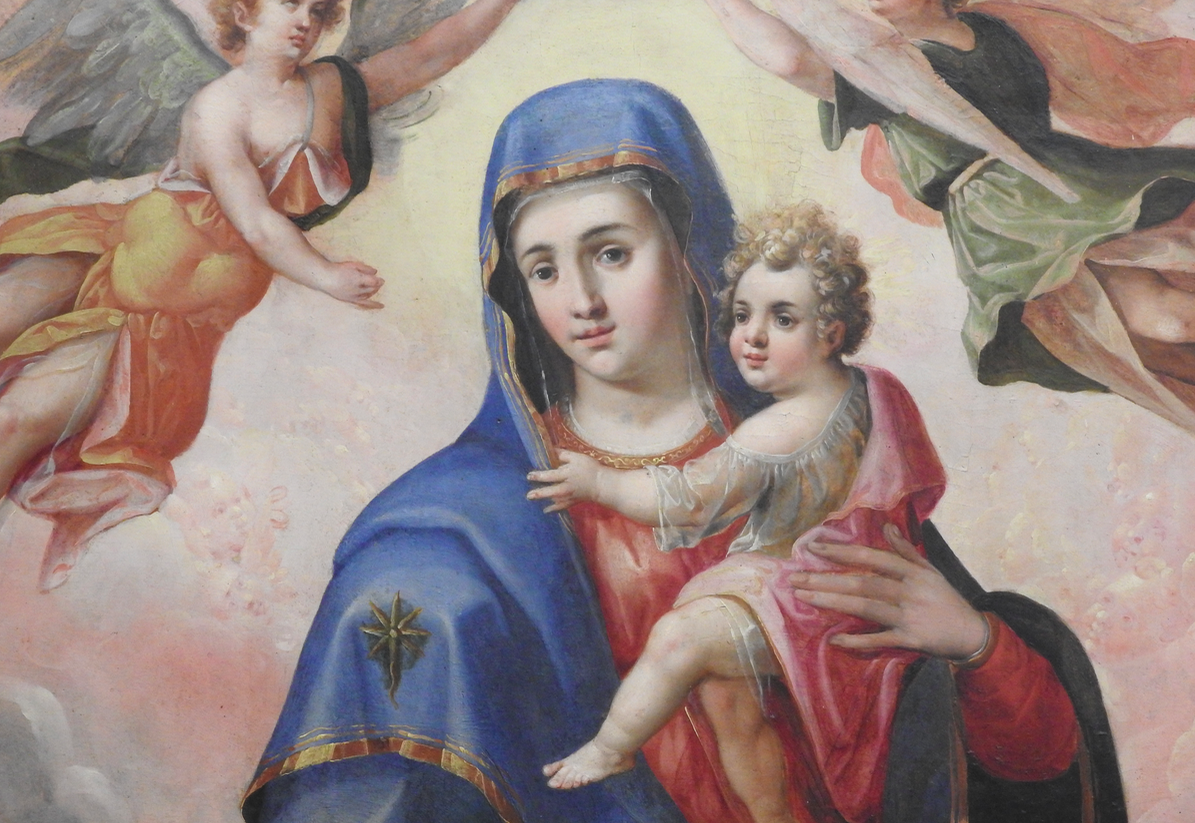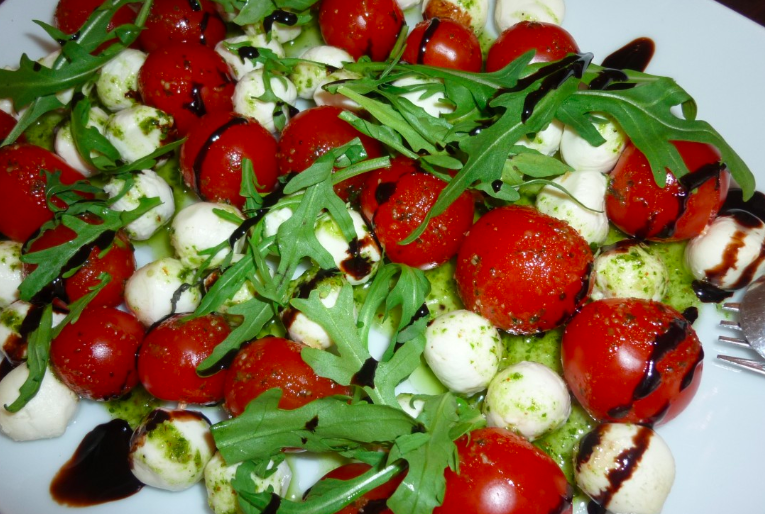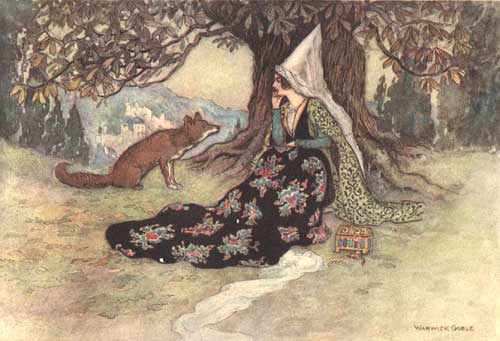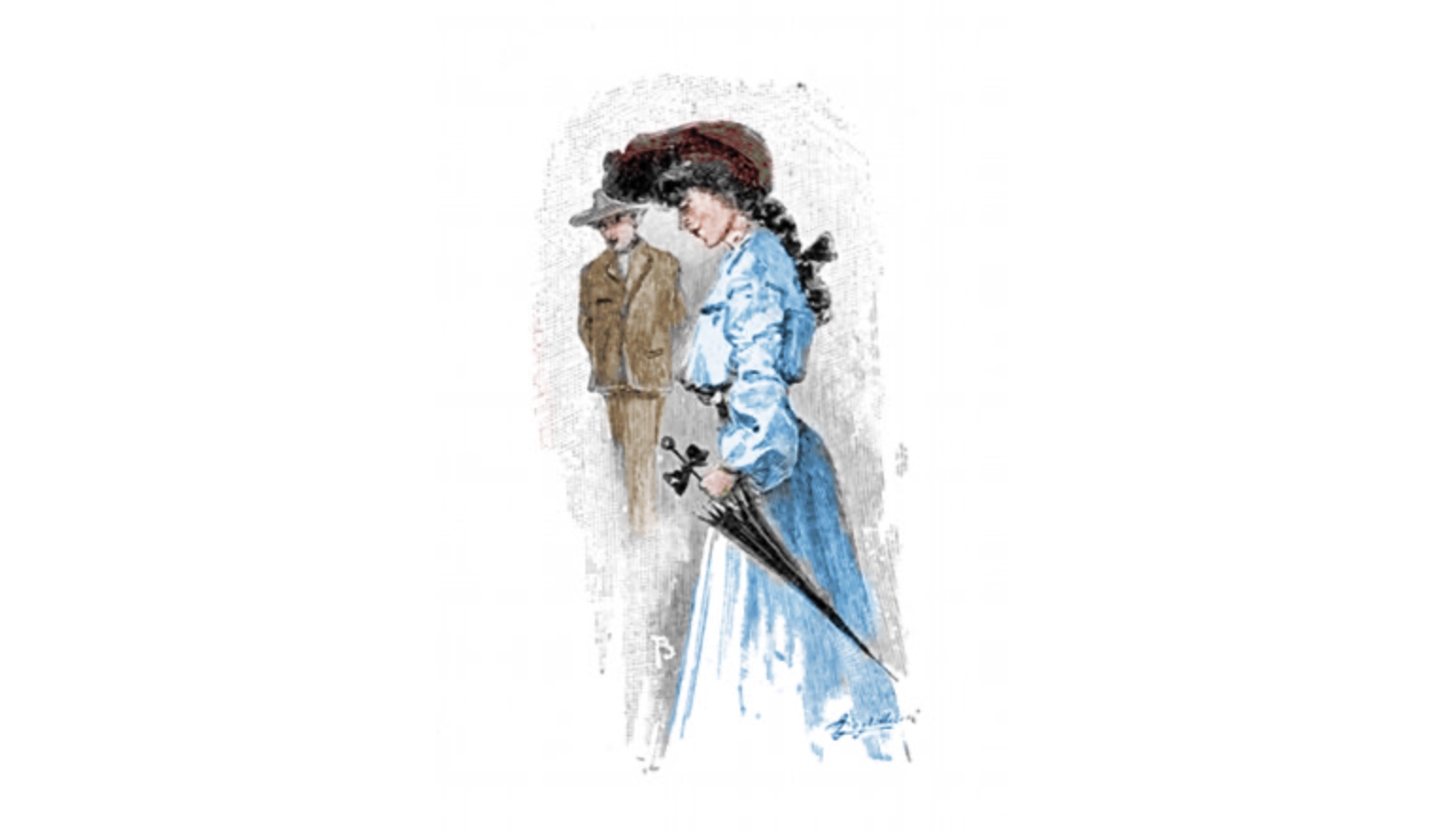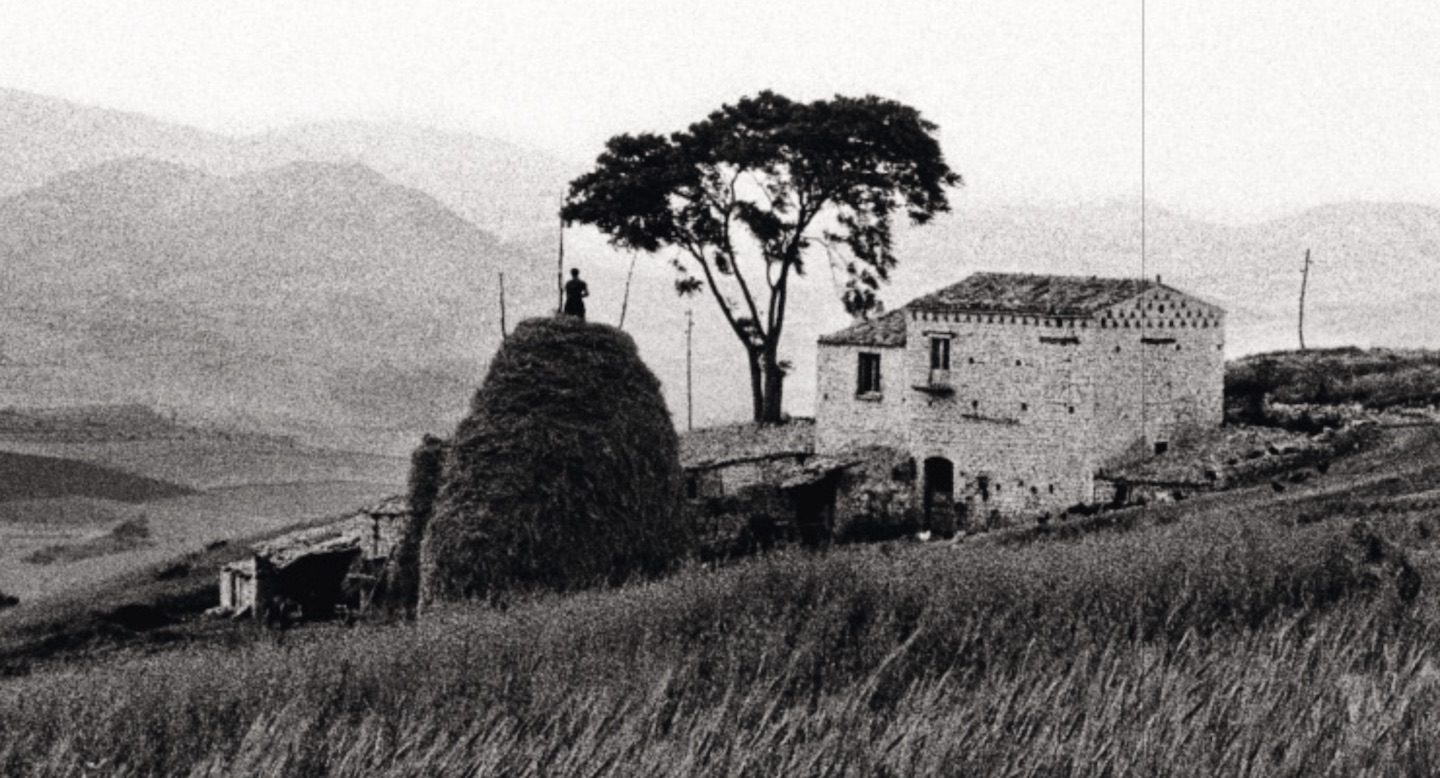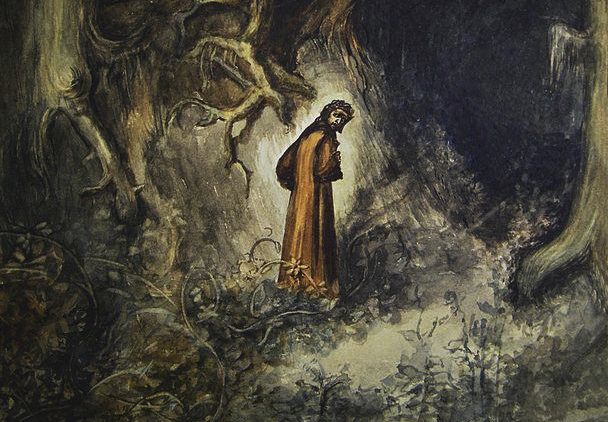Tuscany
-
The sparkling Duomo in the darkness
The sparkling Duomo in the darkness Il duomo scintillante nel buio Stone outlined in green and rose and white As if it were paper cut out by giant’s hand As if the stone itself glows with inner light Tourists, unthinking, circumambulating this glimmering Kaaba. Like them, I am in awe, shivering at its wonder Tier upon tier, panel upon panel drawing eye upward Into lost and questioning darkness above This endless flow of humanity, come to worship its beauty Do we do well to come here? And in the beauty, do we find some echo of the nameless? Pietra tracciata di verde, rosa e bianco Come se fosse carta tagliata…
-
Luke Whitington: un poeta australiano con un cuore italiano
Luke Whitington abita a Sydney, ma ha trascorso vent’anni della sua vita in Italia. Quegli anni hanno lasciato un senso di mancanza incancellabile nella sua vita che trova espressione nella sua poesia straordinaria: in questa ritorna più volte alla sua esperienza italiana. Da giovane ha scelto, come dicono gli anglofoni “la via meno seguita” o “battuta” in italiano: Luke abbandonò una carriera al Ministero degli Affari Esteri australiano per intraprendere gli studi della lingua italiana all’Università di Perugia in Umbria. Le sue avventure continuarono a svolgersi, diventando un imprenditore di successo. Lavorò con soci italiani al restauro di edifici del patrimonio paesaggistico dell’Umbria. Il suo percorso lo ha portato in’Irlanda…
-
Luke Whitington: an Australian poet with an Italian heart
Luke Whitington lives in Sydney, but twenty years of his life were spent in Italy. Those years have left an indelible longing in his life which has been expressed in his extraordinary poetry which returns again and again to his experience of Italy. As a young man he chose a path less travelled: leaving a career in the Department of Foreign Affairs and Trade to undertake language studies at the University of Perugia in Umbria. His adventure continued to unfold as he became a successful entrepreneur. Working with Italian partners he restored heritage buildings in the countryside of Umbria. His journey was to take him to Ireland (where he began…
-
Dante Alighieri in a Wide Brown Land*
On the hill beyond Canberra’s lake we do not find ourselves in Dante’s dark wood. Instead, the hundred carefully nurtured forests of the National Arboretum surround us. Some of its trees are from Australia, but many are from far beyond. As we appreciate their beauty, we see that these forests can symbolise Italians in Australia,[1] for we are part of the diverse heritage of this continent. Yet as our eyes turn to the ridge near the Himalayan Pines, we see a rusted monument rise from the land before us.[2] It is timeless, as it proclaims Dorothea Mackellar’s words “Wide Brown Land”. She wrote them about Australia in 1907; a young…
-
Lingering in Limbo: Dante’s Inferno
Limbo, it turns out, isn’t so bad, even if is found in the first level of Dante Alighieri’s hell. As Dante’s allegory of the journey of the soul continues, it will take him to a beautiful castle inhabited by the good and the great. Far from suffering the tortures of hell, although they can never leave, they are surrounded by meadows and hang out in erudite splendour. But before Dante gets there he has more adventures. Beatrice sends Virgil to the Rescue The ghost of Virgil, a long dead Roman poet, has shown up just in time to take on the job as Dante’s guide. But what’s in it for…
-
The Tomato Conquers Italy
The tomato is central to Italy’s love affair with food. For Italy was conquered by the tomato. It was a slow conquest, but transformed by the tomato, Italian food conquered the world. This story, so little known, is told in full in David Gentiloni’s 2010 book, Pomodoro! A History of the Tomato in Italy. Like all good tales, it has unexpected twists and turns. The Context: A Food Culture Of course Italian food does not live by tomato alone, so we need a little context. The health benefits of the “Mediterranean diet” are often noted and Italian food has been adopted around the world. Food in Italy (as in many parts…
-
Dante and the Invention of the Italian Language
“Italians speak Italian”. It seems obvious. Yet not too long ago neither were there any “Italians” in the way we understand it today; and nor was there a single “Italian” language. It is indeed little known that when the country of Italy did finally come into being in 1861 about 2.5% of her people spoke what we today call Italian. Even up until 1951, less than 20% of Italians used Italian exclusively in their daily life. Indeed, until the most recent generations, Italian was, at best, a second language for most Italians. Their first language was their regional, and often local, language. The Italian National Institute of Statistics reported that…
